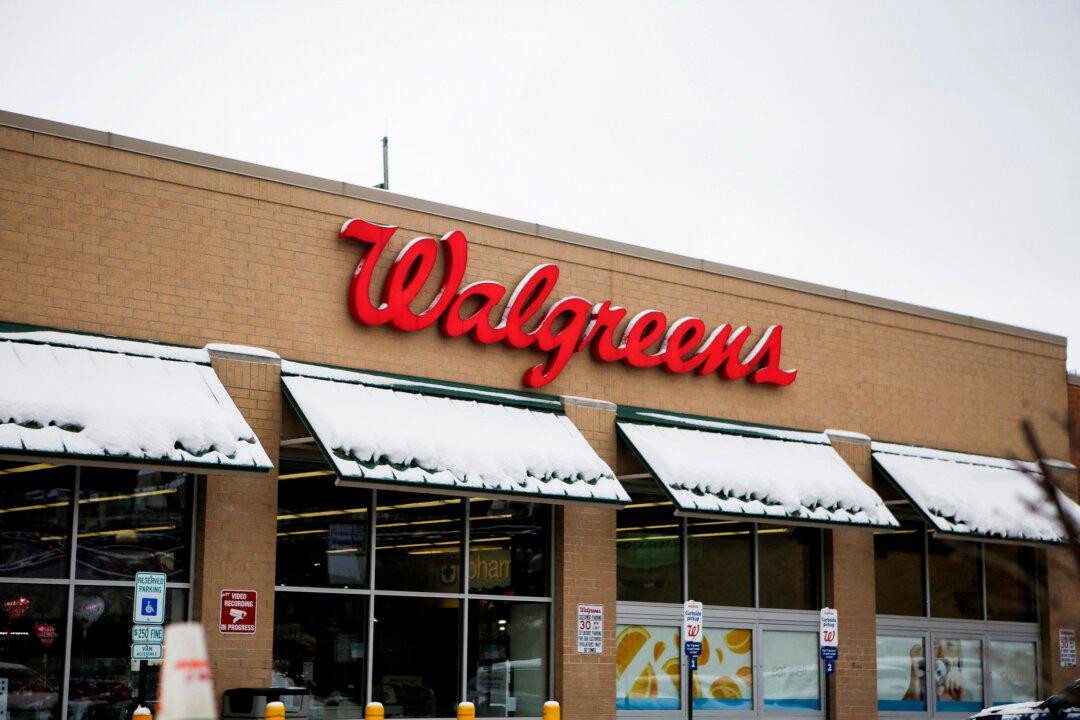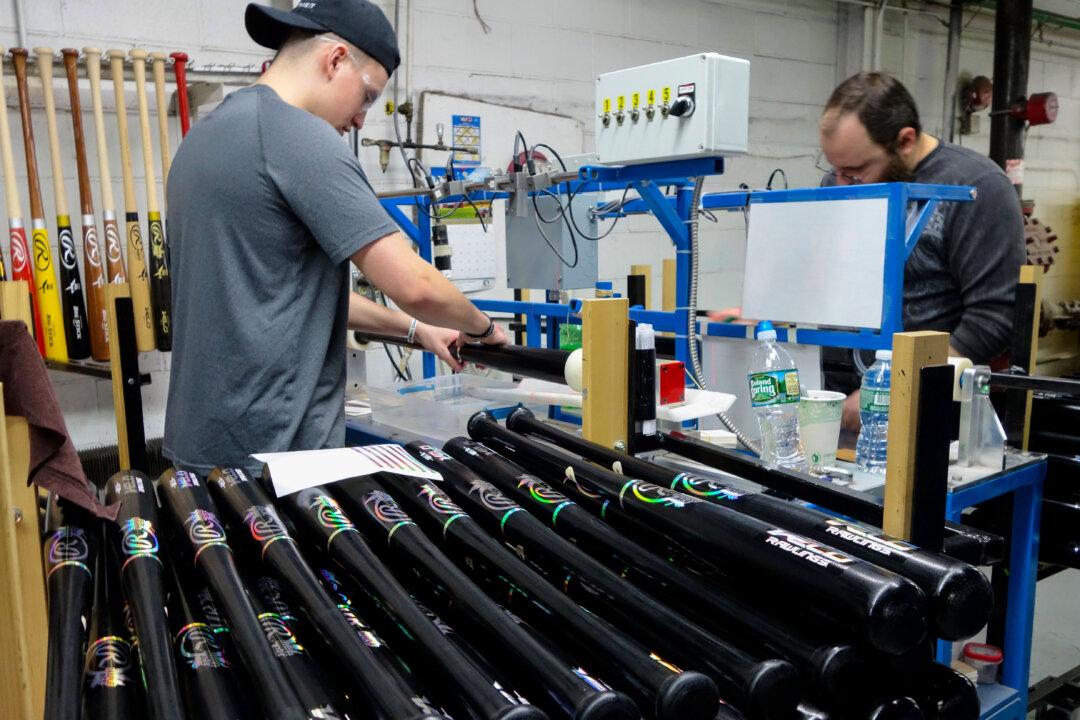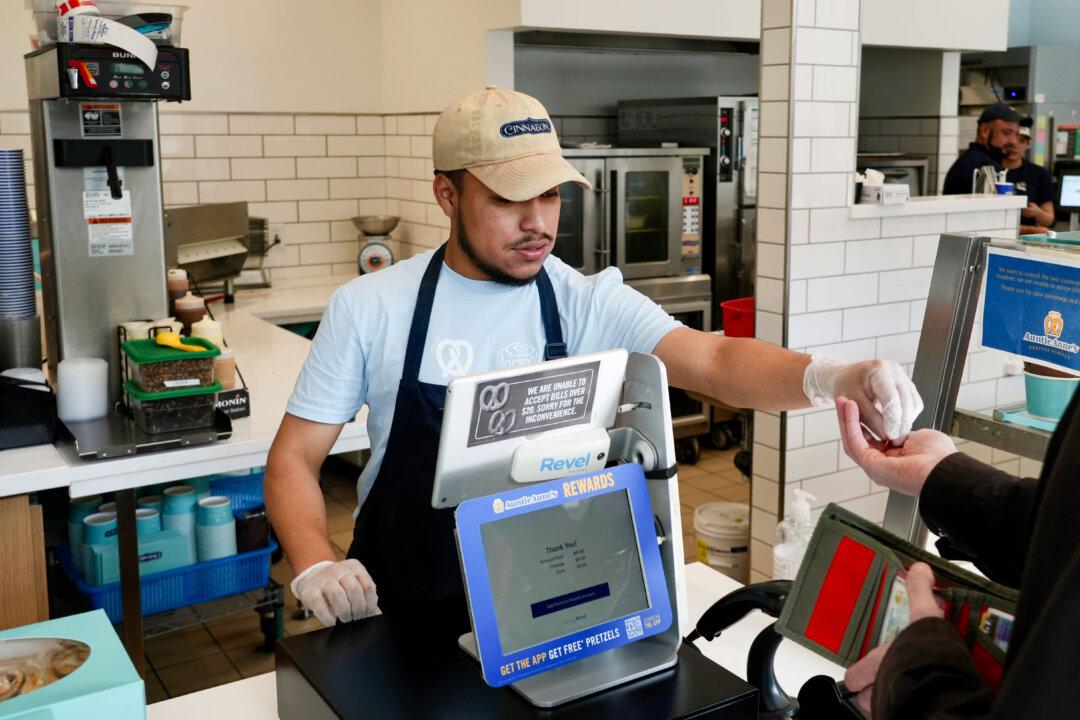Walgreens’s announcement this week on its earnings call that it would be shuttering 1,200 stores over the next three years is yet more bad news for drug chains fighting for market share and consumer loyalty. Rite Aid, for example, is now slowly coming out of its Chapter 11 filing last year, which resulted in the closure of more than 500 stores, while CVS is working on a plan to close 900 stores. However, pinpointing why multiple drug chains are closing at such an alarming rate is more complicated.
“It’s a cocktail of problems,” Neil Saunders, the managing director of retail for Global Data, told The Epoch Times. Saunders said the pharmacies grew too fast, they are dealing with less profits associated with generic drugs, have become inefficient, and have tried unsuccessfully to integrate health care solutions into their business model.





